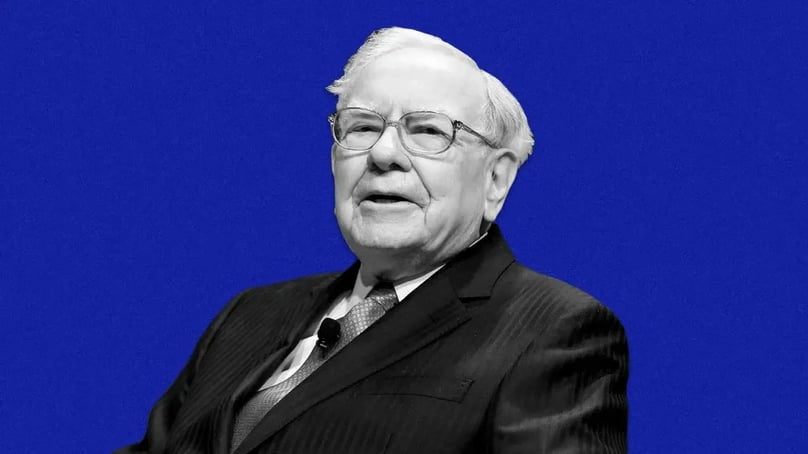Warren Buffett has recently amplified his investments in Japan, growing his positions in the country's five sogo shosha-prominent trading houses-to almost 10% each. This move received significant attention due to the total estimated value of his stakes in Mitsubishi Corp., Itochu Corp., Mitsui & Co., Marubeni Corp., and Sumitomo Corp., which exceeds $30 billion. This represents a considerable rise from their combined worth of $23.5 billion at the end of 2024.
In the context of Berkshire's sale of more than $134 billion in U.S. stocks in 2024, Buffett's expanded investments in Japan's leading trading houses poses a critical question for investors: Should you be directing your investments in a similar direction?
The reason for Buffett's choice in these companies stems from the same rationale he has applied to many of his most profitable investments. The sogo shosha are noted for their diverse interests and hold immense industrial power in Japan, extending from the energy sector to healthcare, commodities, food, logistics, and even convenience stores. They offer stable cash flows due to their diversified businesses, which is a stark contrast to the often unpredictable nature of fast-growth tech companies.
The Berkshire CEO's vast $30 billion investment in Japan's trading houses clearly indicates that he identifies significant value in globally diversified companies that are marginally valued by the market and show a commitment to rewarding their shareholders.
For the everyday investor, obtaining exposure to Japan can be achieved with relative ease through ETFs, even though it is important to monitor currency swings and fund costs like expense ratios. It is noteworthy, however, that while you don't need to possess Buffett's billions to mimic his strategy, you do require patience and a long-term investment perspective.

